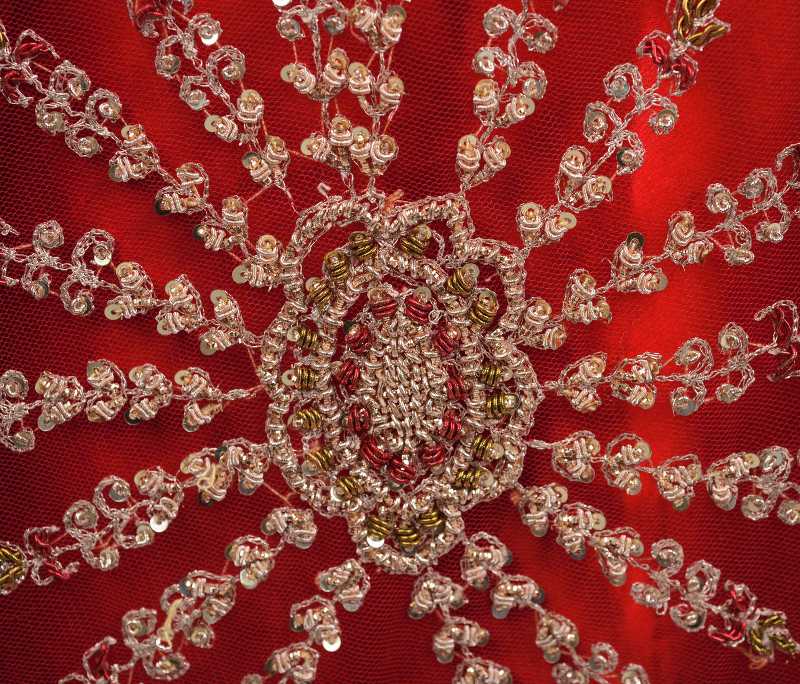===
0847,
11
===

=== |
 |
afsurdagī : 'Frozenness; frigidity, coldness; numbness; dejection, melancholy, lowness or depression of spirits'. (Platts p.62)
soḳhtah-jān : ''Heart-consumed,' heart-sore, consumed with the fire of love, or grief, &c.; pained, grieved; love-sick'. (Platts p.695)
qahr : 'Force, power, violence, vehemence, severity; excess; boundlessness; oppression; subjection; rage, fury, wrath, indignation; vengeance; torment, punishment, chastisement; a judgment; a calamity'. (Platts p.796)
FWP:
SETS
MOTIFS
NAMES
TERMS == MEANING; METAPHOR; MOOD; PARADOXIt's easy to see why it would be a famous verse! It really does have an intriguing sort of paradox in the idea of offering to those with burnt-out hearts something like a homeopathic remedy (one that in our own proverbial terms would be 'the hair of the dog that bit you'). For their hearts have been burnt out by the fire of passion, and now the speaker proposes to cure them by offering a small breeze from a fan-like twitch of the beloved's garment-hem, which will (as he apparently believes) renew the fire of passion in their hearts--and thus simply set them up to be burnt out all over again. Even if we suspect that the speaker is wrong about the efficacy of this cure, the naive simplicity with which he urges it has a charm of its own.
SRF says that the verse has only 'mood' to recommend it, and virtually no meaning at all. In view of his own discussion, this is perhaps too severe. The way we're forced to contemplate the nature and cure (or incurability) of burnt-out hearts surely involves us in mental work that includes the exploration of meanings. (Is the 'fire of passion' the same thing as the 'fire of life'? Can a burnt-out heart be revived by more fire? Should it be? If it can be so easily rekindled, is it really burnt-out?)
For further extensive discussion of a similar verse by Ghalib, see:
G{86,7}.